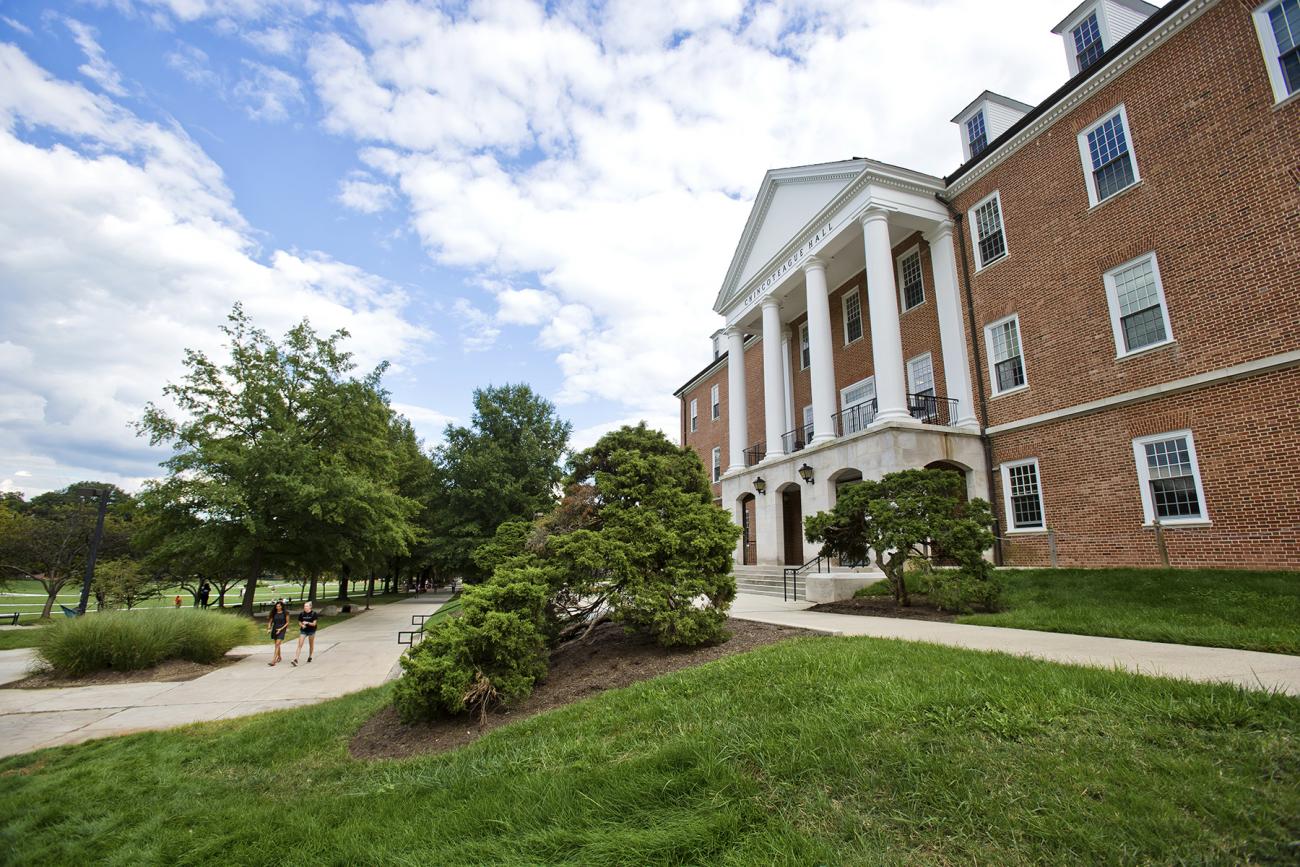The Ph.D. program in political science is organized into three primary fields: American Politics, Comparative Politics, and International Relations. We also offer secondary fields in Political Methodology and Formal Theory or Political Economy.
American Politics
The field of American Politics at the University of Maryland includes the study of Congress, voting and participation, public opinion, race and ethnicity, political parties, interest groups, state and local politics, courts, political development, the Presidency, and the contextual effects of factors such as diversity and segregation. The work of our faculty members is tied to the scientific study of American politics through rigorous quantitative and qualitative methods.
Graduate courses include:
- American Political Institutions
- American Political Behavior
- Legislatures and Legislation
- Public Opinion
- Interest Groups
- Race and Ethnic Politics
- State and Local Politics
Comparative Politics
The field of Comparative Politics at the University of Maryland is diverse, with particular strengths in the comparative study of conflict, institutions, environmental politics, and political economy. Our faculty have published their research in the most prestigious outlets of the discipline, receiving numerous awards for their analyses of politics in Africa, Asia, Europe, and the Americas.
Graduate courses include:
- Seminar in Comparative Politics
- Comparative Political Institutions
- Democracy and Democratization
- Ethnic Politics
- Conflict and World Politics
International Relations
The field of International Relations examines the dynamics of the political and economic relationships between governments, their citizens, and non-state actors in a globalized environment of exchanges and communication. Key issues addressed include the causes of armed conflict within and between states, the foreign economic policies of states and the challenges of economic development in a global economy, the peaceful resolution of disputes based on negotiation and international law, and the influence of the international system on the political and economic development of states.
Graduate courses include:
- International Relations Theory
- International Political Organization
- International and Domestic Conflict
- International Political Economy
- Chinese Politics and Foreign Policy
Political Methodology
Offered as a second field only, Political Methodology and Formal Theory focuses on different approaches to empirical political research—including statistical modeling, experimental approaches, and qualitative research—as well as mathematical techniques of theory development such as game theory, social choice, and formal modeling. Students may concentrate in formal theory, quantitative methods, or mixed methods research.
Graduate courses include:
- Scope and Methods of Political Science Research
- Quantitative Methods for Political Science
- Advanced Quantitative Methods
- Formal Theories of Politics
- Advanced Maximum Likelihood Estimation
- Multilevel Analysis



